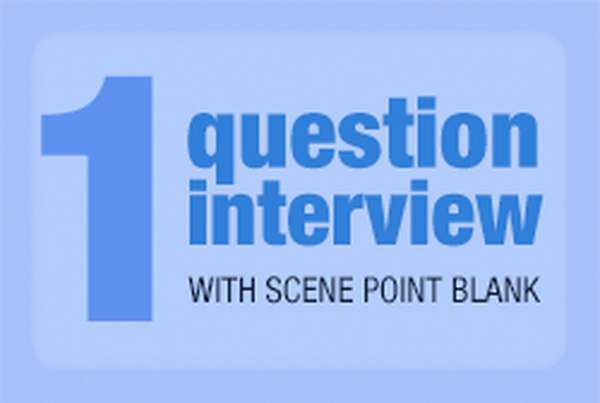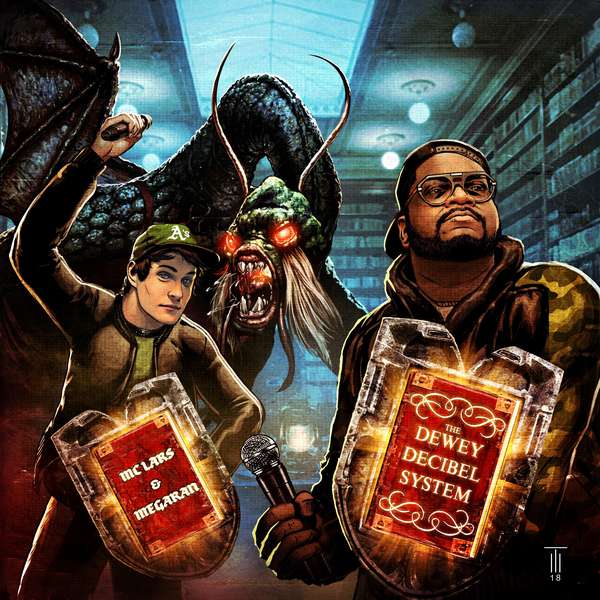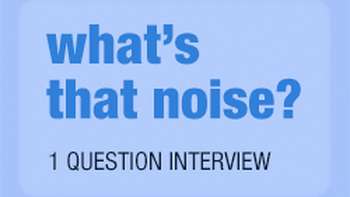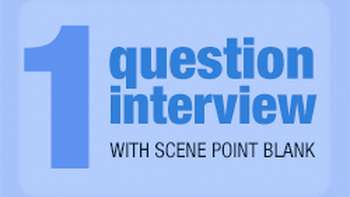Storm Ross
SPB: As a multi-instrumentalist, what is your composition process for a song and/or record?
Storm Ross: While I don't have a set formula per se, I do seem to follow some familiar patterns when writing. Most of my compositions for the past number of years have a drone or repetitive phrase as the bed of the piece, and that drone/phrase is usually written first and spontaneously. From there, I will work to write either complementary parts to the phrase or the main melody, depending on where the inspiration is. The former usually comes fairly quickly. The melody almost always comes in chunks: 30 seconds here, a minute there, until it feels like it has reached a natural conclusion.
Once the melody is established, the process usually becomes less intuitive and more deliberate. At this point I usually know what the composition is about, so I'll go over the melody again to cut out unnecessary parts or emphasize something I particularly like in order to better tell the story (it's all about telling stories). I work on the piece to the point where I am comfortable playing it live by myself, then hand it off to other musicians to augment it for recording. Sometimes I have a particular feel I want them to follow. Usually, though, I let them come up with their own parts; from my experience, the final product is almost always served better by soliciting true collaboration.
I definitely write with a focus on albums, ensuring that things hang together thematically. I might be really excited about a particular composition, but if it doesn't fit naturally with an album I am working on it will be set aside for a later date, or no date at all. Again, it's all about telling stories.
Matt Scifres (Not Half Bad)
SPB: What do you think of cassettes?
Matt: Cassettes (often called “tapes” by young people, these days) are really cool because they’re kind of eternally rooted in DIY. Pressing records makes exactly zero sense for smaller bands. Yeah, they’re cool, but they’re ridiculously expensive, take forever to press and are a general pain in the ass. Making tapes, on the other hand, is stupid easy, because all you need is a tape player. Well, all you need is a tape player with a record button and some tapes. Some folks would argue that Punk/DIY/Whatever is at its purest when it’s cheap and made by the people trying to make you spend five bucks on it. A lot of the time, tapes are going to be the only thing on a merch table that meets that criteria and that’s kind of cool. I’ve only copied a couple tapes in my life and neither of them were for bands I was in, so throw my credentials out the window, but it’s pretty remarkable that in an age where most music comes from bandcamp or some streaming site, that a physical format can be alive and well based on a niche community doing the same things it’s been doing since forever. I’m not a purist. No, you don’t have to Do It Yourself. CDs are about the same price, sell for more and they take care of all the dirty bits at the plant, but I can’t help but be charmed when I’m buying merch and someone in the band says “Yeah, we made this tape/shirt/whatever.” I’ll take that tape. Here’s my money, dude. Unless you’ve got a record, then I’ll take the record.
- Written by Matt Scifres, edited and made coherent by Alex Weymier
Jamie van Dyck (Earthside – guitar, composer)
SPB: What is your favorite book about music?"
Jamie: My favorite book about music that I've read is The Rest Is Noise: Listening to the Twentieth Century by Alex Ross. I actually read this for a university music history class on western "Art" music in the 19th and 20th centuries (basically Beethoven until today). I enjoyed how Ross gave an accessible narrative arc to an often intentionally arcane topic and a playful bent to a music world that often takes itself far too seriously with an air of elitism. A lot of the music from this era is truly magnificent and beautiful once its principle players are humanized rather than deified, and Ross's style invited this young college rock musician to confidently enter a world in which he often felt unwelcome.
Extra fun fact, Frank's and my (Jamie's) middle school band was called Point Blank
MC Lars
SPB: What is the “ET/Atari” of NES games?
MC Lars: I would say a Boy and His Blob is the ET of Nintendo. It’s well-conceived, but difficult to play if you don’t know the “hacks” to get ahead. The world is very elaborate, but easy to get stuck, just like in the ET game. I remember all of my friends getting frustrated with it. Also for bonus similarities, the game is also about a boy and an extraterrestrial friend, so it’s thematically similar!




